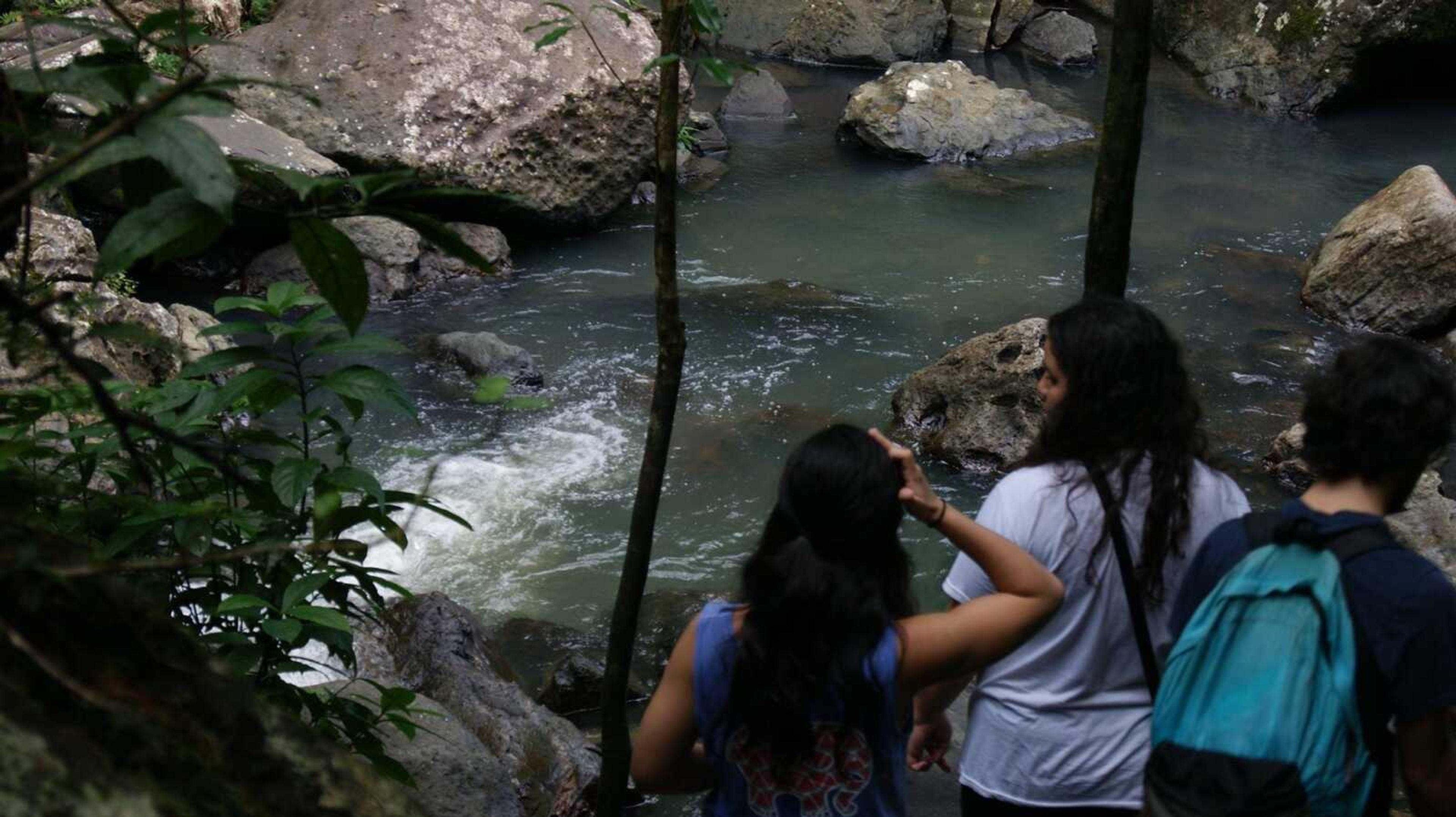Aint I a woman?
Sojourner Truth’s poem, first delivered in 1851 at a women’s convention in Akron, Ohio, tells the story of the inequality she lived through as an African American woman in the 19th century. Her words echo a sentiment that many Americans - especially those with ties to Puerto Rico - may be feeling today.
“Why did it take [the president] eight and a half days, almost nine, to waive [the Jones Act of 1920] for Puerto Rico, when Puerto Ricans are U.S. citizens? That’s a fact that a lot of people in the United States ignore,” Southeast professor Lissette Acosta Corniel said.
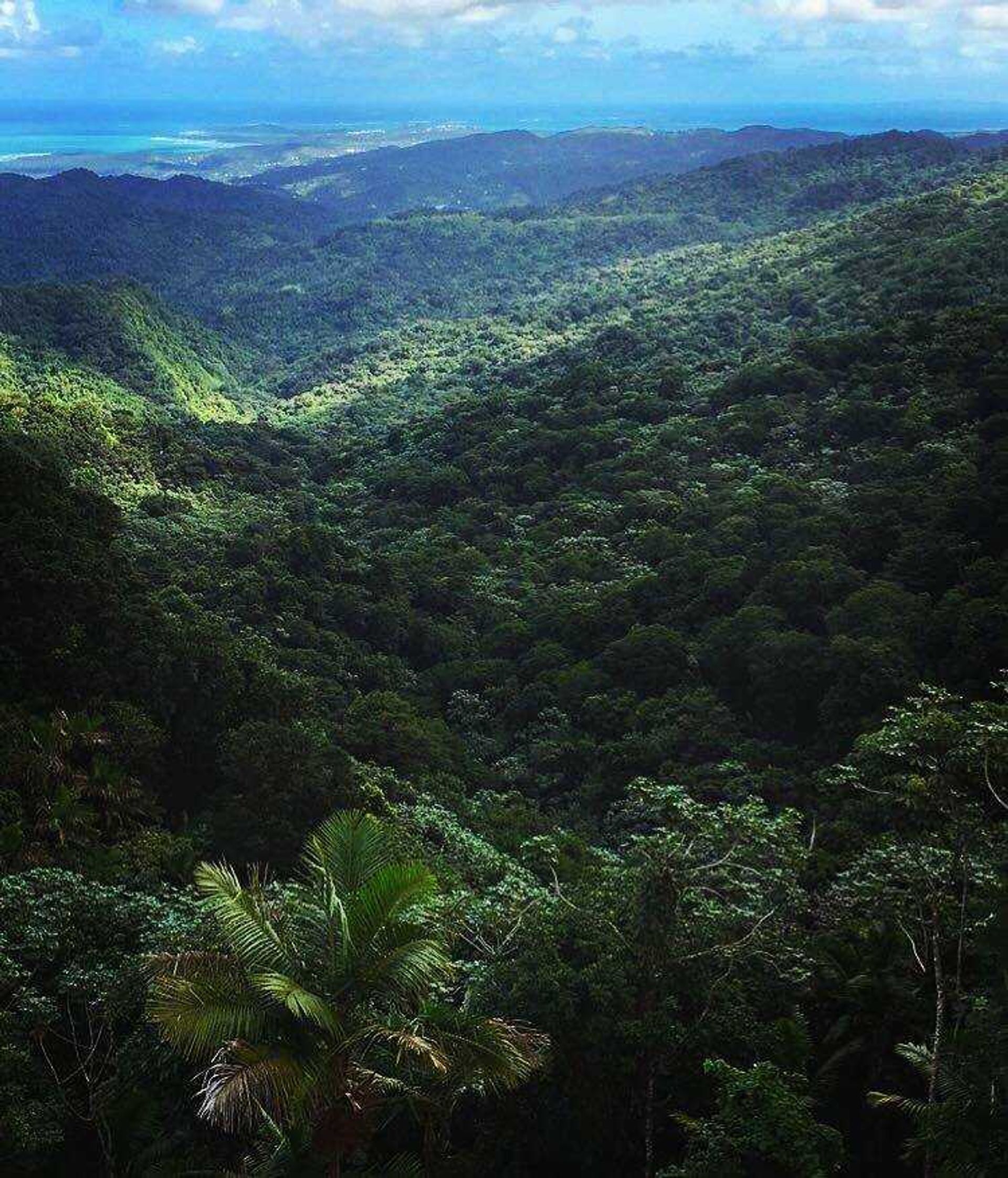
Acosta is an immigrant from the Dominican Republic who arrived at Southeast in August, following a Fullbright scholar program she completed in her homeland. For the past three weeks, she has been fighting mass evacuations and a broken infrastructure to get her family to Cape Girardeau.
__What happened__
On Sept. 20, Hurricane Maria made landfall in the U.S. territory of Puerto Rico, making it the third hurricane to strike the island this hurricane season. Classified as a Category 5 storm, Maria has been dubbed by experts a “catastrophic event” as it wiped the island’s electrical infrastructure, as reported by The Atlantic.
Now three weeks later, many Puerto Rican residents are still without electricity, including Acosta’s family, who currently reside at one of the highest altitudes in Puerto Rico, Naranjales, Mayaguez. Puerto Rican officials have estimated rebuilding the infrastructure could take at least six months, according to The Atlantic.
Acosta talked to her mother on the phone on Sept. 19, the eve of Maria’s landfall. When the hurricane hit Puerto Rico the next day, Acosta said she saw the devastation on the news and immediately tried calling her mother. She got no answer.
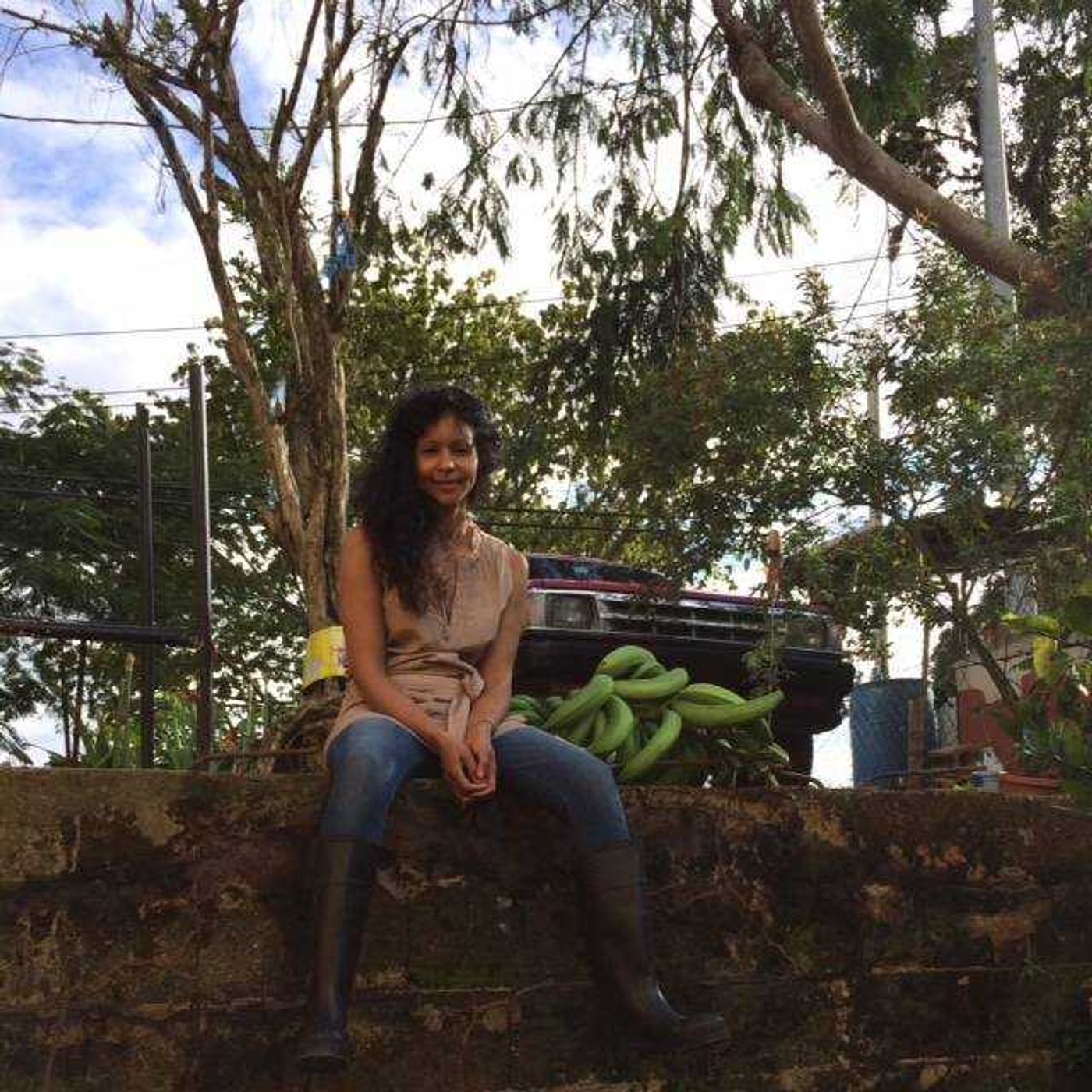
It would be eight days before she heard from her mother again.
Acosta said she felt helpless.
“It’s very frustrating because you just want to hear their voice and know that they’re okay,” Acosta said. “It has been very difficult to decide, ‘ok, what do I do besides waiting?’”
What would be a situation full of frustration, anxiety and fear for anyone is amplified for Acosta by her grandmother’s medical challenges.
A cancer patient and a diabetic, Acosta’s grandmother spent almost four days without insulin. Finding transportation to an area where her grandmother can access health care has been difficult as many roads are closed from the flooding.
“The hardest thing is that you have to wake up and go on with your day to day life, and cry when you can,” Acosta said.
Acosta said her first priority is finding her grandmother a flight to the United States where she can receive the treatment she needs. Because the San Juan airport was open only to military officials, the earliest flight she could find was for late October, more than a month after Maria ravaged the island.
She said her mother and stepdad have already begun the logistics of preparing to come to the United States early next year as the neighborhood of Naranjales, Mayaguez, will not regain electricity until late spring of 2018.
__Going home__
While it’s her plan to get her family to safety on United States’ shores, others are headed back to the island to begin the rebuilding process.
One of those people is Angelica Rivas, Southeast’s only student with a permanent residence in Puerto Rico. Rivas plans to return home after her graduation in December to help her family and community heal from the hurricane.
“I have an image in my head of Puerto Rico, and I’ll never see that Puerto Rico again,” Rivas said.
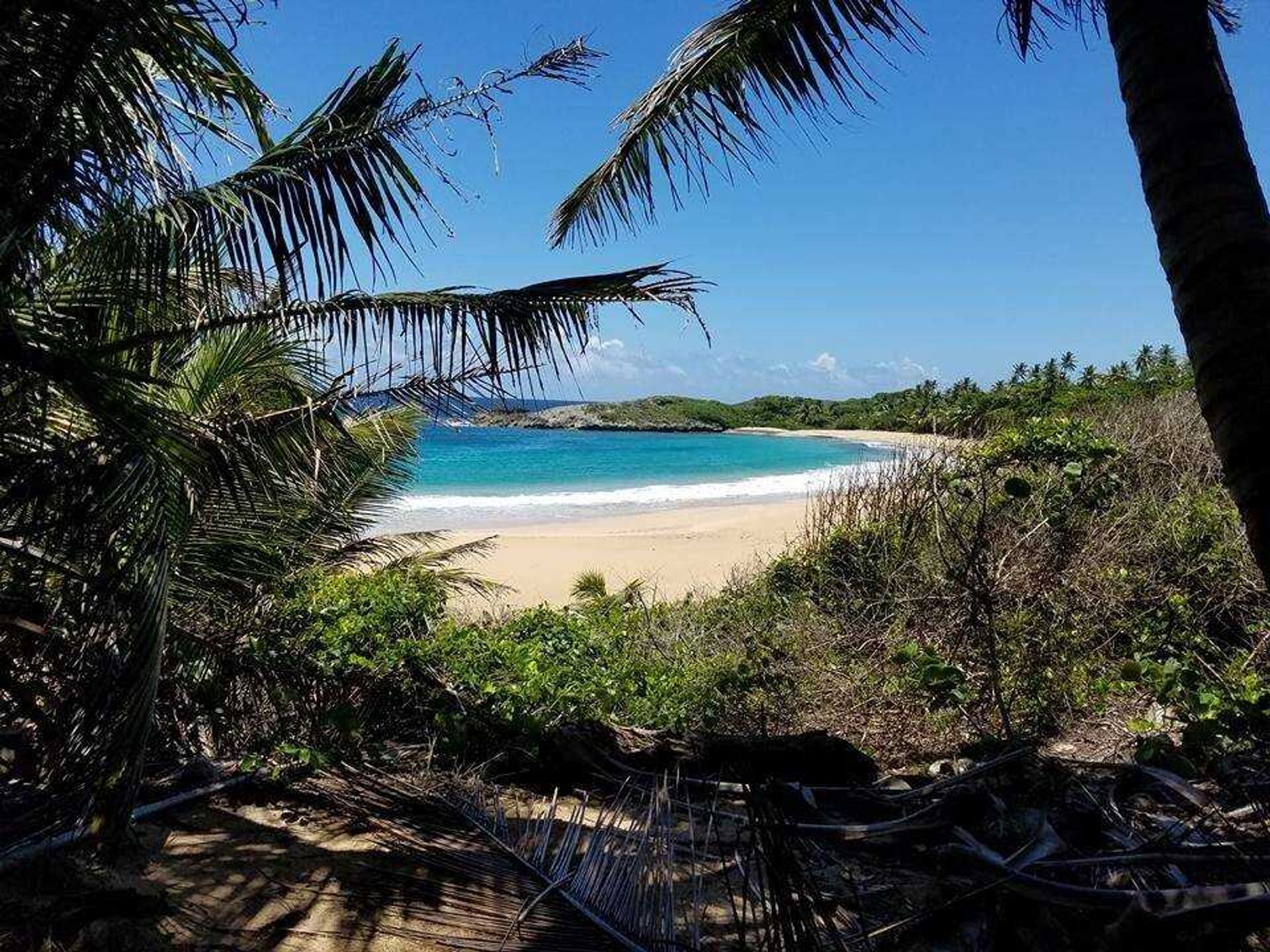
Her father and siblings live in the United States, but her mother, stepfather and grandparents are all still living in the Puerto Rican city of Dorado.
Her mother is a nurse at a dialysis center and is now working twice as hard to help those in need, Rivas said. She added that the roof caved in at the center where her mom works because of the hurricane.
Rivas’s stepfather is a dialysis patient himself. He needs treatment every two days, treatment he had difficulty finding right after the hurricane hit. Rivas said her mother told him to go and not come back until he got the treatment he needed.
She said he was gone for two days without word.
“We were starting to think that he was missing because we hadn’t heard from him, and there was no signal so he couldn’t communicate to us that he was actually at a center, just waiting in line,” Rivas said. “There were hundreds of people in line.”
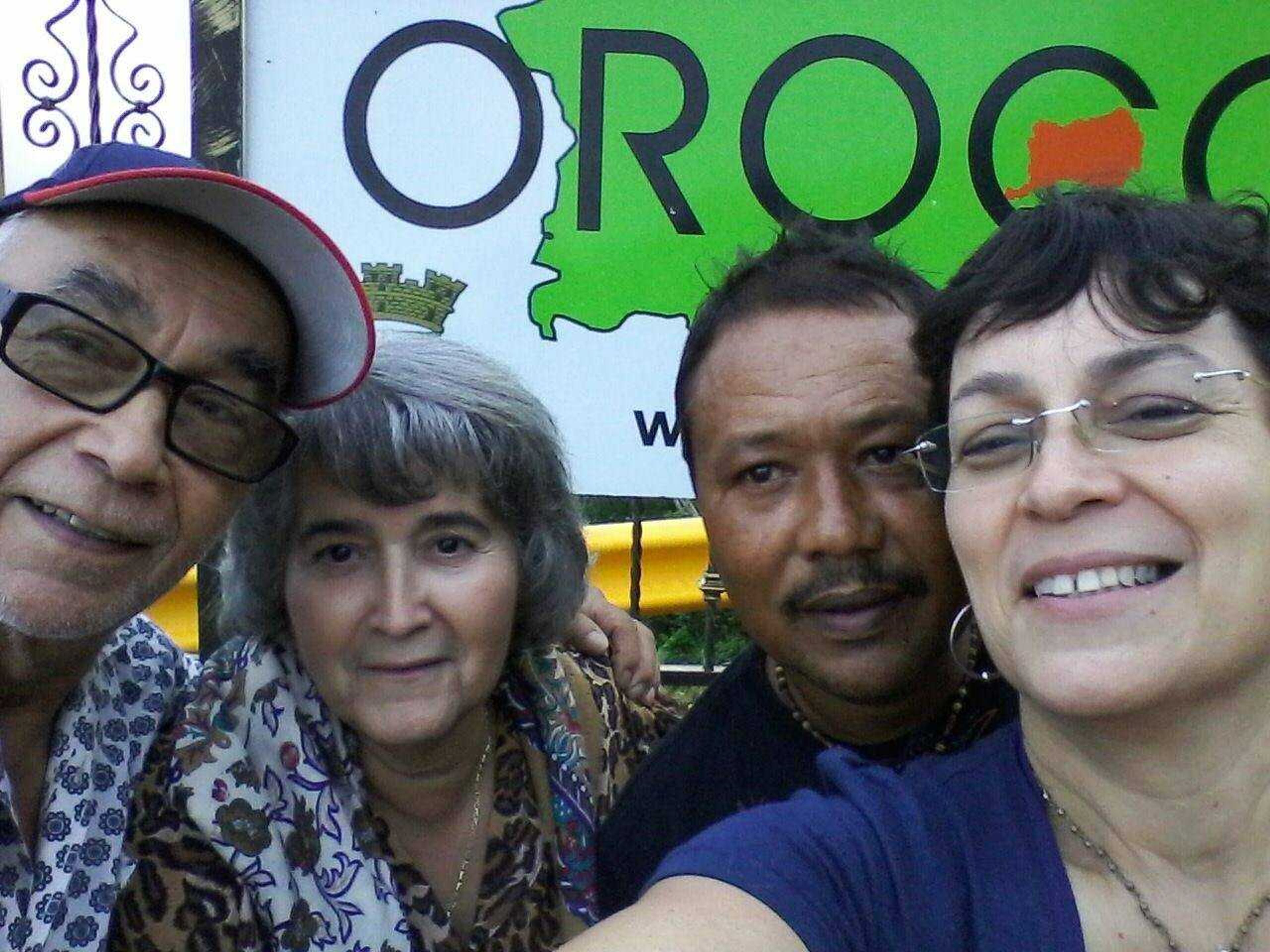
Rivas said she, like Acosta, is frustrated by the response time of the U.S. government.
“The response after Houston, the response after Florida, it was immediate. They got immediate help. And yes, we are an island, but this is 2017,” Rivas said. “Why did it take so long for them to help us? It just doesn’t make any sense.”
That frustration also stems from the feeling, Rivas said, that “there is only so much we can do from over here.”
Although she said she bought supplies to send her family back home, she isn’t sure they will get there because the Puerto Rican postal service.
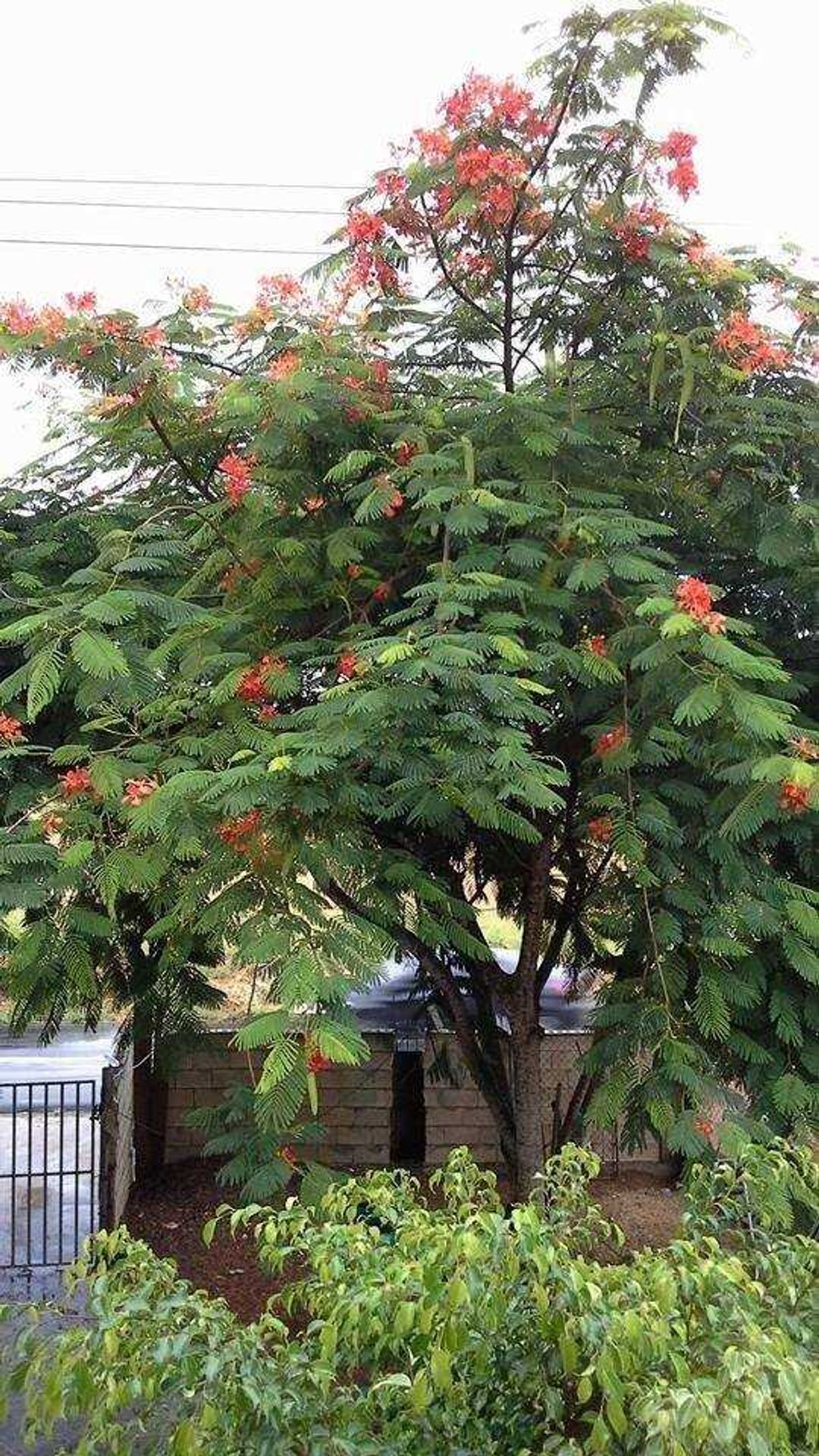
__Next steps__
It can be easy to feel removed from the devastation in Puerto Rico with an ocean in the way, but for Acosta and Rivas, the storm hit home. Both women are working to coordinate relief efforts on campus.
Acosta said students can help Puerto Ricans by simply learning about the issues and sharing in a conversation about them. She added that they can also donate money to support the country’s rebuilding efforts.
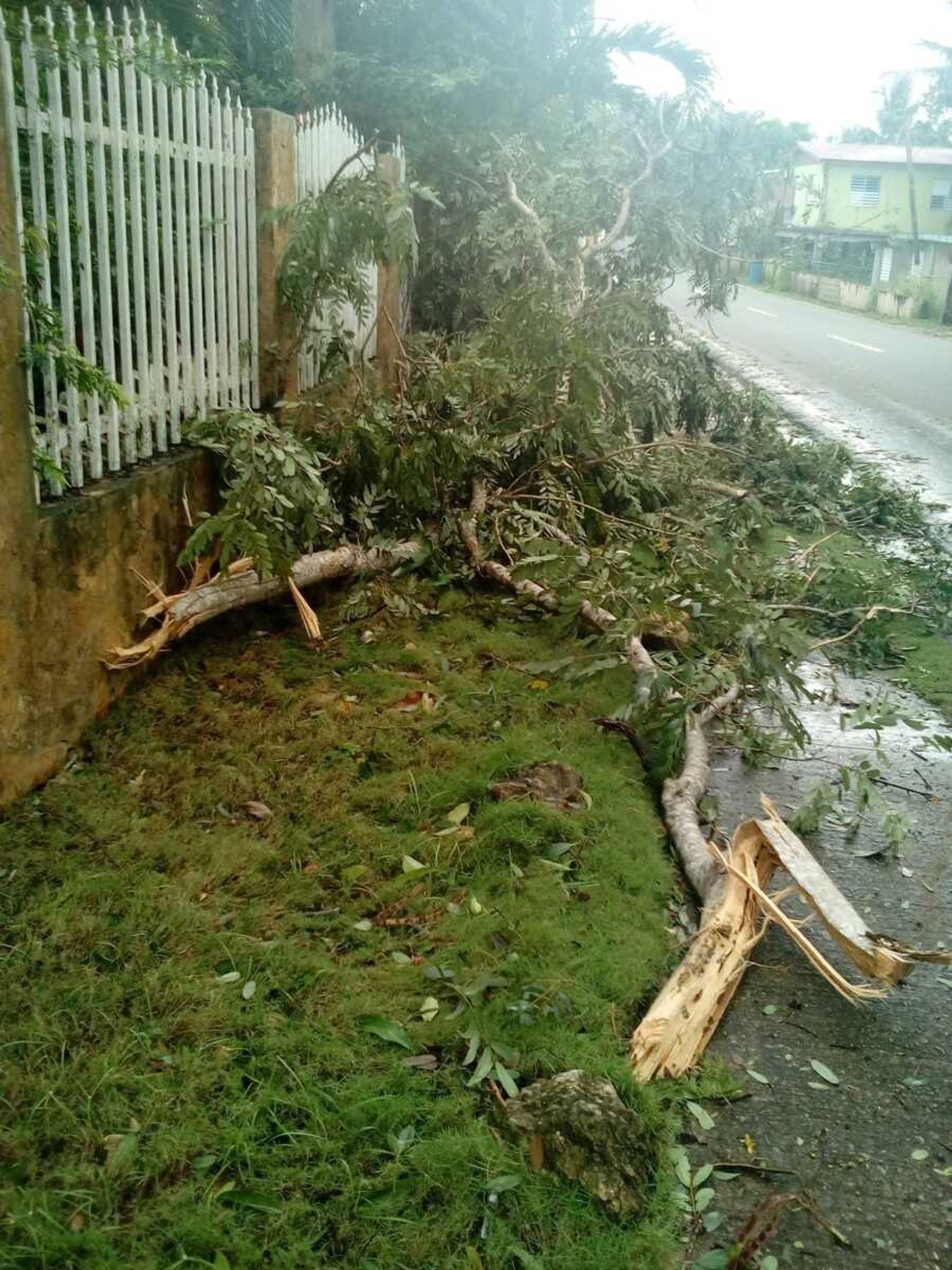
Debbie Lee-Distefano is the adviser to the Student Organization of Latinos and has been at the forefront of campus relief efforts for Puerto Rico.
Some of these efforts have included a basic fundraiser in the University Center and a bake sale at the Arts Council in downtown Cape Girardeau. Lee-Distefano said she is trying to plan a large dinner whose proceeds would go to help Puerto Ricans.
These efforts may seem small and localized in the grand scheme of Puerto Rico’s destruction, but they are exactly the kind of help Lee-Distefano said is important.
“There’s always going to be another disaster around the corner,” Lee-Distefano said. “If you have the ability to [raise money], do it. But I think it’s good that you help where you’re able to help.”
For a list of donation sites and ways to support Hurricane Maria relief, visit http://www.losambulantes.com/help-puerto-rico/
